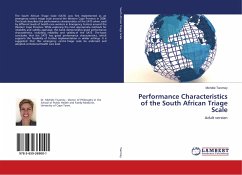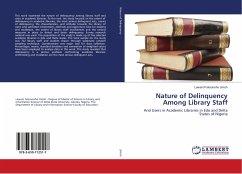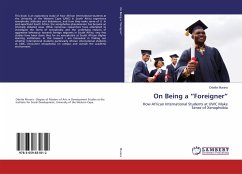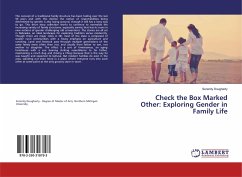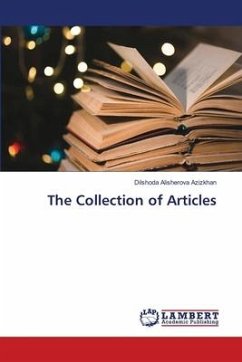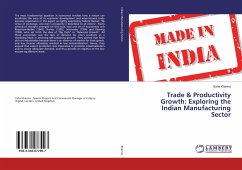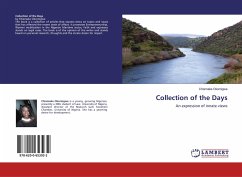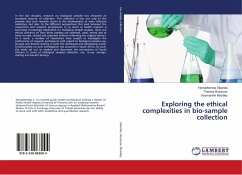
Exploring the ethical complexities in bio-sample collection
Versandkostenfrei!
Versandfertig in 6-10 Tagen
41,99 €
inkl. MwSt.

PAYBACK Punkte
21 °P sammeln!
In the last decades, research on biological samples has attracted an increased amount of attention. This attention is due not only to the promise that such research shows in the development of more effective medicines, but also, to the different perspectives that exist between the researchers and research participants. In as much as health research is becoming increasingly dependent on biological sample analysis, there are ethical concerns on how these samples are collected, used, stored and at times re-used, shared and exported without informing the original donors. As a result, a number of r...
In the last decades, research on biological samples has attracted an increased amount of attention. This attention is due not only to the promise that such research shows in the development of more effective medicines, but also, to the different perspectives that exist between the researchers and research participants. In as much as health research is becoming increasingly dependent on biological sample analysis, there are ethical concerns on how these samples are collected, used, stored and at times re-used, shared and exported without informing the original donors. As a result, a number of researchers have sought to investigate the preferences of research participants with regard to biological samples use, storage and benefit sharing in both the developed and developing world. Unfortunately, no such investigation has occurred in South Africa. As such, this study set out to explore and document the perceptions of South Africans in terms of biological samples collection, use, re-use, storage, sharing and benefit sharing.




